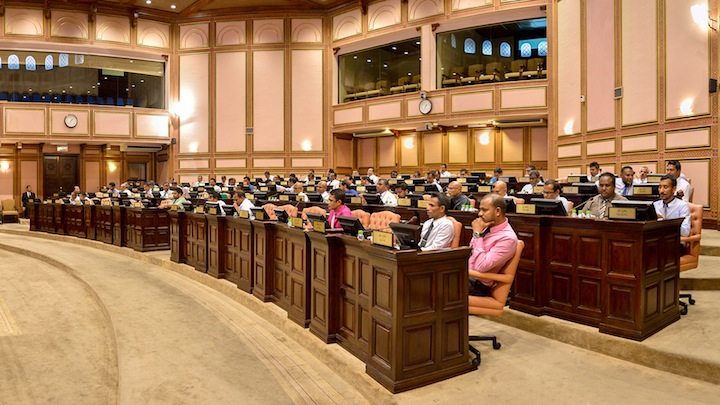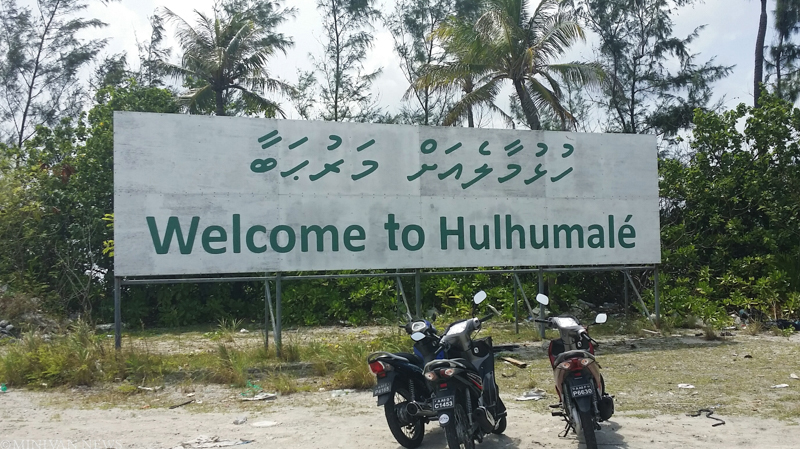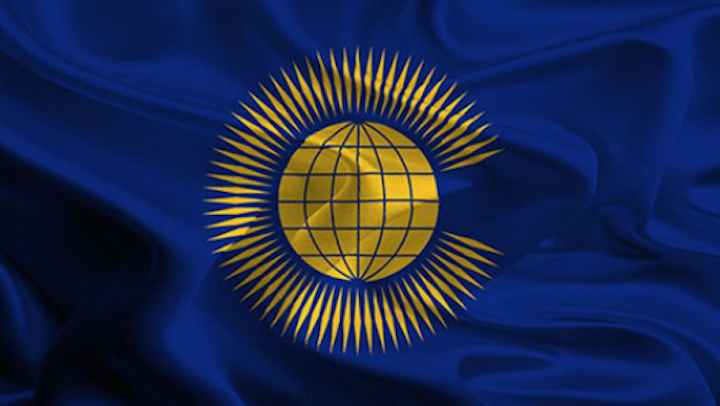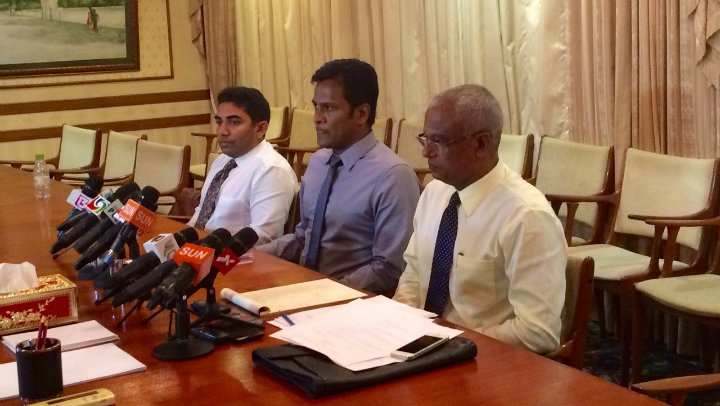The main opposition Maldivian Democratic Party (MDP) has warned that changes proposed to the national university law authorizing the president to appoint nine members to its council will compromise the university’s independence and politicise the institution.
Government-sponsored amendments to the 2011 national university law was accepted for consideration with 43 votes in favour and 14 against at today’s sitting of parliament.
Under the existing law, the president only appoints the chancellor of the university, who becomes the head of the governing council.
If the proposed changes are approved, the president will appoint the chancellor, vice chancellor and deputy vice chancellors in addition to five members from outside the university to the 13-member council.
The vice chancellor and two deputy vice chancellors are currently elected to the council while an independent committee selects additional members from candidates who apply following a public announcement.
In a statement today, the MDP called on the government to withdraw the legislation and for staff and students at higher education institutions to protest against the bill.
The party warned that politicising the university would pave the way for hiring and dismissing officials for political reasons as well as the “misuse of the university’s students, employees, and resources to achieve political purposes”.
Politicisation would also prove an obstacle to the university’s academic research and dissemination of information, the MDP contended.
The changes could also see the government dictate research topics and use the university to spread “propaganda,” the statement added.
During the preliminary debate today, ruling Progressive Party of Maldives MP Ahmed Nihan said the changes were proposed to bring the governance structure of the national university in line with the recently established Islamic university.
Apart from the PPM parliamentary group leader, other pro-government MPs did not speak during the debate in the interest of speeding up the legislative process.
The government has also proposed changing the criteria for membership in the university council to allow non-Maldivians to become members.
Council members must not be bankrupt or belong to a political party, the amendments state.
The chancellor, vice chancellor, and deputy vice chancellors will meanwhile be appointed for a five-year term. The law presently does not specify a term limit.



